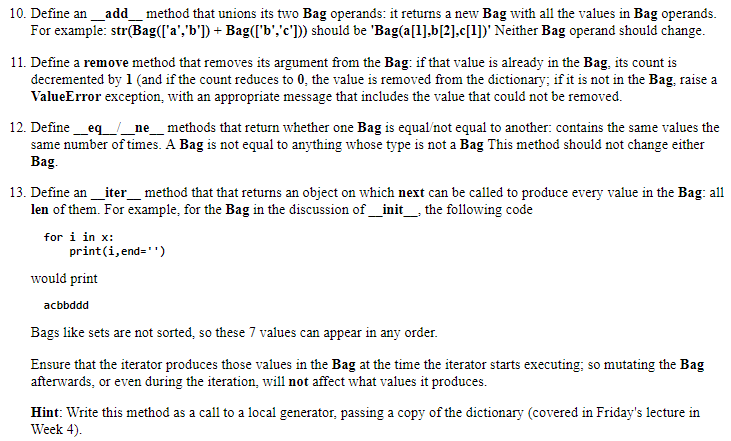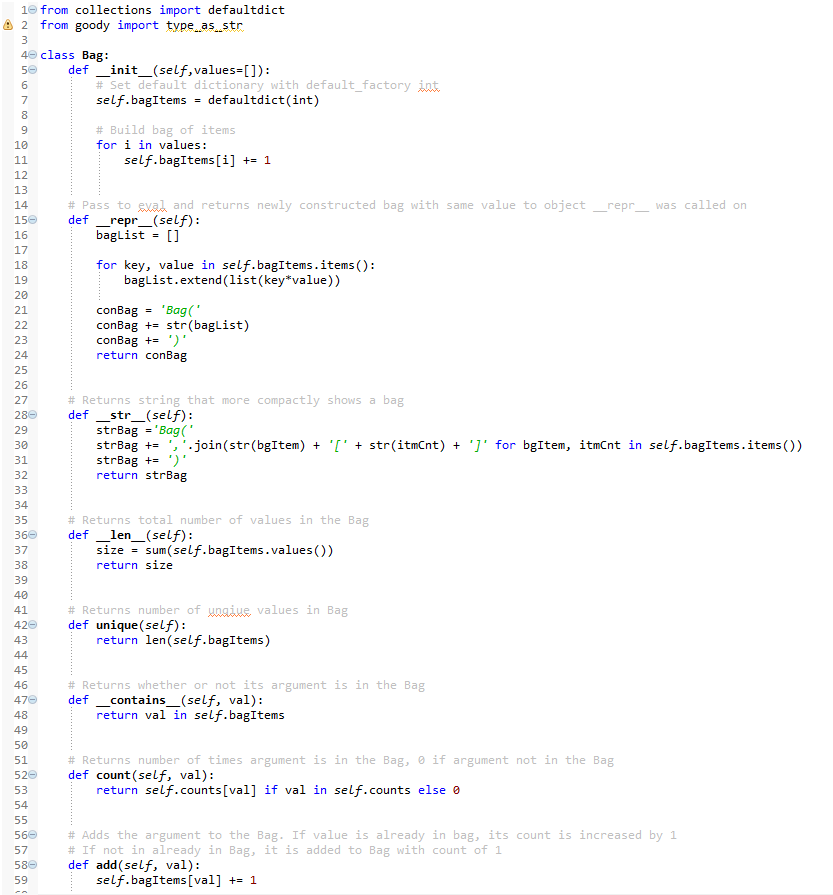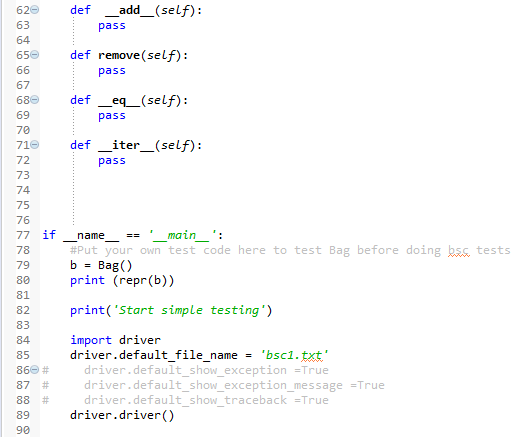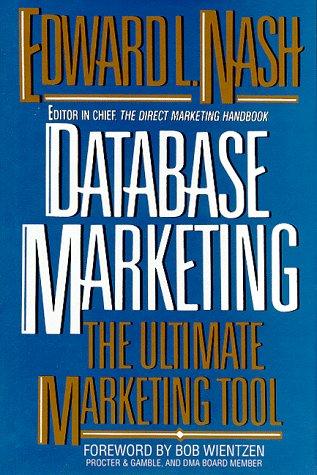PYTHON
Need help with following parts. Completed parts are below

Completed parts


10. Define an_add method that unions its two Bag operands: it returns a new Bag with all the values in Bag operands. For example: str(Bag(T'a','b']) + Bag(l'b','c']) should be 'Bag(a.b[2l,.cl]) Neither Bag operand should change. 11. Define a remove method that removes its argument from the Bag: if that value is already in the Bag, its count is decremented by 1 (and if the count reduces to 0, the value is removed from the dictionary; if it is not in the Bag, raise a ValueError exception, with an appropriate message that includes the value that could not be removed. 12. Define_eq _ne_methods that return whether one Bag is equalot equal to another: contains the same values the same number of times. A Bag is not equal to anything whose type is not a Bag This method should not change either Bag 13. Define an_itermethod that that returns an object on which next can be called to produce every value in the Bag: all len of them. For example, for the Bag in the discussion of_init_ the following code for i in x print (i,en would print acbbddd Bags like sets are not sorted, so these 7 values can appear in any order. Ensure that the iterator produces those values in the Bag at the time the iterator starts executing, so mutating the Bag afterwards, or even during the iteration, will not affect what values it produces. Hint: Write this method as a call to a local generator, passing a copy of the dictionary (covered in Friday's lecture in Week 4). 10. Define an_add method that unions its two Bag operands: it returns a new Bag with all the values in Bag operands. For example: str(Bag(T'a','b']) + Bag(l'b','c']) should be 'Bag(a.b[2l,.cl]) Neither Bag operand should change. 11. Define a remove method that removes its argument from the Bag: if that value is already in the Bag, its count is decremented by 1 (and if the count reduces to 0, the value is removed from the dictionary; if it is not in the Bag, raise a ValueError exception, with an appropriate message that includes the value that could not be removed. 12. Define_eq _ne_methods that return whether one Bag is equalot equal to another: contains the same values the same number of times. A Bag is not equal to anything whose type is not a Bag This method should not change either Bag 13. Define an_itermethod that that returns an object on which next can be called to produce every value in the Bag: all len of them. For example, for the Bag in the discussion of_init_ the following code for i in x print (i,en would print acbbddd Bags like sets are not sorted, so these 7 values can appear in any order. Ensure that the iterator produces those values in the Bag at the time the iterator starts executing, so mutating the Bag afterwards, or even during the iteration, will not affect what values it produces. Hint: Write this method as a call to a local generator, passing a copy of the dictionary (covered in Friday's lecture in Week 4)









